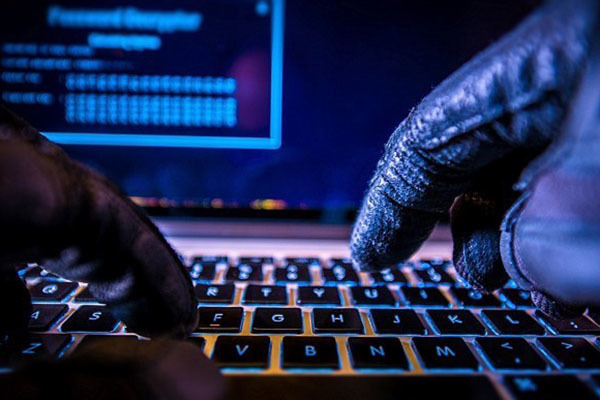The results of the second phase of the campaign have been released by Tran Quang Hung, director of the National Cyber Security Center (NCSC) under the Ministry of Information and Communications (MIC).

NCSC’s report showed that over the last three weeks, the campaign has received a great response from the community with over 5 million approaches to the campaign via the web and social networks.
Many individuals and organizations have joined forces to check and remove malware from thousands of infected computers of individuals and businesses, free of charge. The number of individuals and organizations giving feedback to the campaign has reached over 17,000.
From September 18 to October 11, more than 900,000 computers were checked for malware. Malware was found on 300,000 computers and removed, which accounted for one-third of total computers checked.
On October 1, on the website of the campaign at https://khonggianmang.vn/chiendich2020, NCSC displayed a real time map with updates about malware detection in the northern, central and southern regions. This helps measure the results of the large-scale malware removal campaign.
As a campaign for the community targeting individuals and businesses, ‘Checking and removing malware nationwide in 2020’ has been implemented by NCSC in coordination with large firms, both Vietnamese and foreign, including VNPT, Viettel, BKAV, FPT, CMC, Hanoi Telecom, NetNam, SCTV, SPT, Kaspersky, Bitdefender, Eset, F-Secure, FireEye and Group IB.
Under the campaign, launched on September 18 and implemented on a large scale, the tools examine computers and remove malicious code to ensure safety for users in Vietnam's cyberspace, and to promote the digital transformation of the country.
Malware prevention software products are updated and available for free use through https://khonggianmang.vn.
One of the goals of the 2020 nationwide campaign on checking and removing malware is a 50 percent reduction of malware infection rate, and 50 percent reduction of IP addresses in 10 popular botnet networks.
NCSC cited surveys by security firms as showing that malware infections in Vietnam have decreased recently, but still are higher than in many other countries.
Statistics showed that in mid-September, Vietnam had 16 million IPv4 addresses, including 3 million IP addresses often found on black lists of many international organizations, and 2 million IP addresses in large botnets.
Dr Pham Anh Tuan, deputy director of the Vietnam Institute of Digital Transformation and Innovation, said in the period of digital transformation, data are valuable assets, but there are latent security risks.
He praised the malware removal campaign because of its practicality which helps heighten awareness about information security.
Trong Dat

Cyber information security ratings of State agencies revealed
Da Nang City, the State Bank of Vietnam, as well as Can Tho and Vinh Phuc provinces were rated level A for their concern about implementing information security.

Platform hoped to help with digital transformation in education
A school management platform called MISA QLTH was introduced by the Ministry of Information and Communications (MIC) on October 9 with a view to helping promote digital transformation in Vietnam.